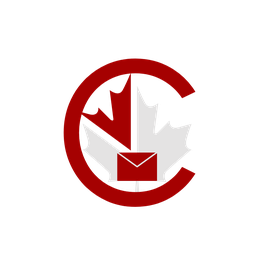Canada Confesses started in 2020 as a youth-led platform for Canadians to anonymously share their experiences with racial and social injustice. Since that time, it has expanded a great deal, with more than 40 volunteers working together across Canada. It has become a resource to connect people across the country interested in making changes to the structures and systems that have led to inequality and marginalization. It has built an enormous library of free essential support resources for Canadians. And they have engaged with policy-makers, community leaders, and mental health professionals at dozens of organizations to further their message and advocacy.
The Canada Confesses resource database is remarkable, having collected thousands of resources on a myriad of topics, including – Immigrants and Refugees, Black communities, anti-bullying and anti-racism, sexual and domestic violence – the list goes on. Their activism glossary is almost as extensive, and a significant resource for people who want to understand terms like “white-centering”, “microaggressions”, and “intersectionality”. And their original platform of “confessions” continues to grow as more and more Canadians share their experiences of discrimination – like misogynoir, ableism, and racial profiling.
While these testimonials are labeled as ‘confessions’, it is not really the person writing who is ‘confessing’ – it is Canada. Hence the name Canada Confesses. Many of us like to think of our country as one where racism exists in the margins, and where discrimination has largely been eradicated in our hiring practices, societal structures, and daily lives. It’s important to have a reminder, every now and then, that racism and discriminatory practices remain prevalent in Canada. If we are aware of this, and we want to do something about it, Canada Confesses is a good place to start.
Listen to the Mind Full podcast episode with the Canada Confesses co-founders “Canada Confesses creators Nancy Tangon and Priscilla Ojomu”

